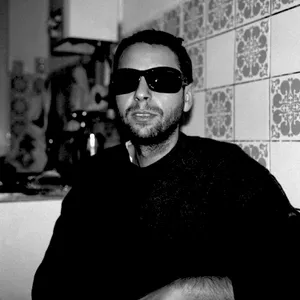
bright room (camera lucida)
About artwork
Provenance
Tech info
About
24 frames in almost random sequence from the book: Barthes, Roland: Camera Lucida: Reflections on Photography. New York: Hill and Wang, 1982. (Originaltitel: La chambre claire. Note sur la photographie.) All pictures (except the Polaroid in the frontispiece) from the book in (almost) random sequence. »The first thing I found was this. What the Photograph reproduces to infinity has occurred only once: the Photograph mechanically repeats what could, never be repeated existentially. In the Photograph, the event is never transcended for the sake of something else: the Photograph always leads the corpus I need back to the body I see; it is the absolute Particular, the sovereign Contingency, matte and somehow stupid, the This (this photograph, and not Photography), in short, what Lacan calls the Tuche, the Occasion, the Encounter, the Real, in its indefatigable expression. In order to designate reality, Buddhism says sunya, the void; but better still: tathata, as Alan Watts has it, the fact of being this, of being thus, of being so; tat means that in Sanskrit and suggests the gesture of the child pointing his finger at something and saying: that, there it is, lo! but says nothing else; a photograph cannot be transformed (spoken) philosophically, it is wholly ballasted by the contingency of which it is the weightless, transparent envelope. Show your photographs to someone—he will immediately show you his: „Look, this is my brother; this is me as a child,“ etc.; the Photograph is never anything but an antiphon of „Look,“ „See,“ „Here it is“; it points a finger at certain vis-a-vis, and cannot escape this pure deictic language. This is why, insofar as it is licit to speak of a photograph, it seemed to me just as improbable to speak of the Photograph.« From the introduction: 2 The Photograph Unclassifiable Digital file, 1920x1080p, 60fps, loop, no sound, 48 Sec.




























